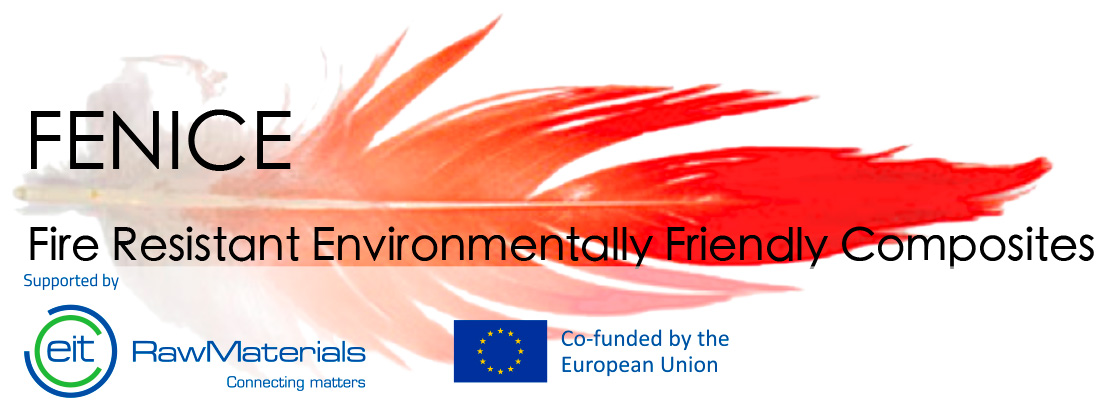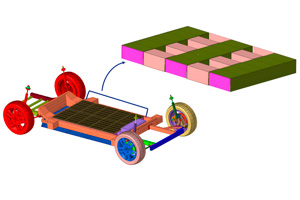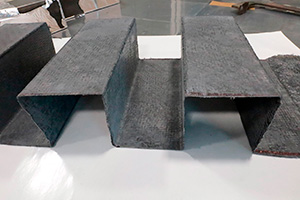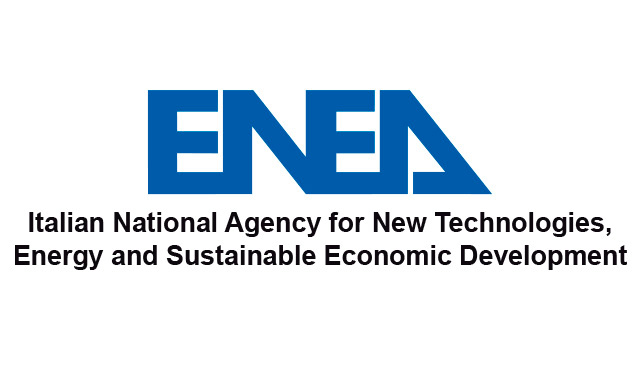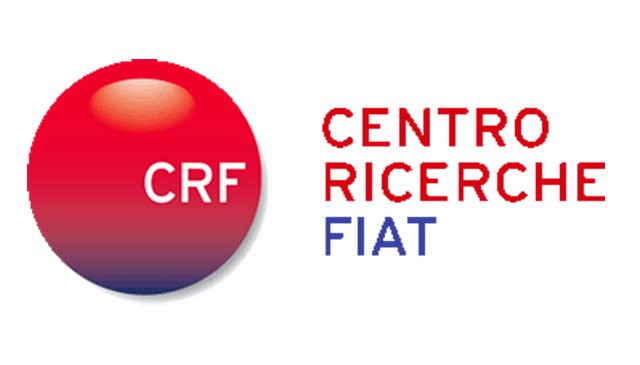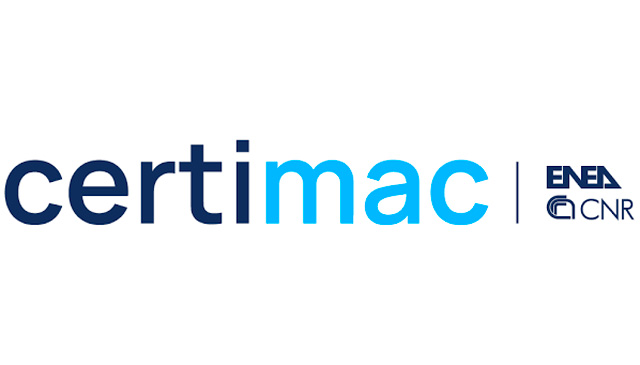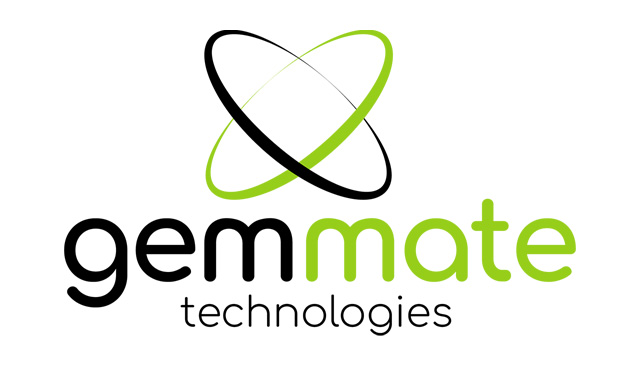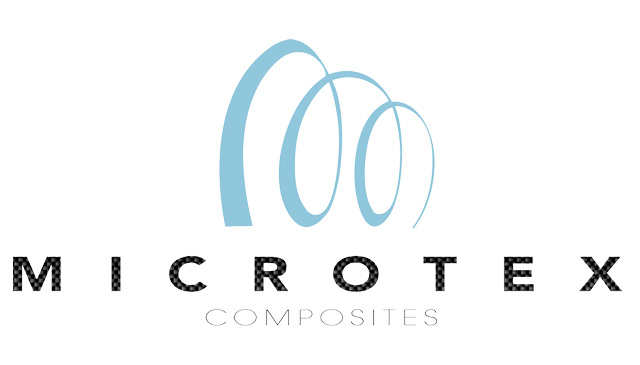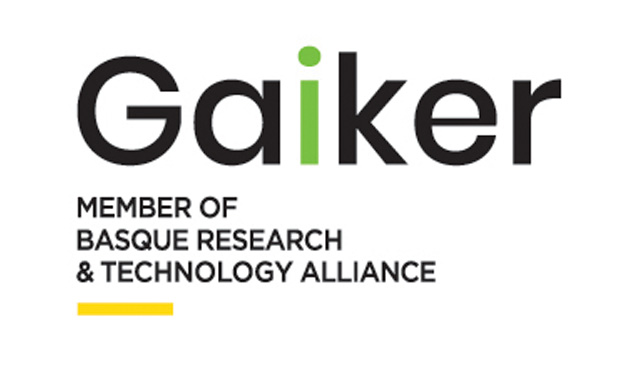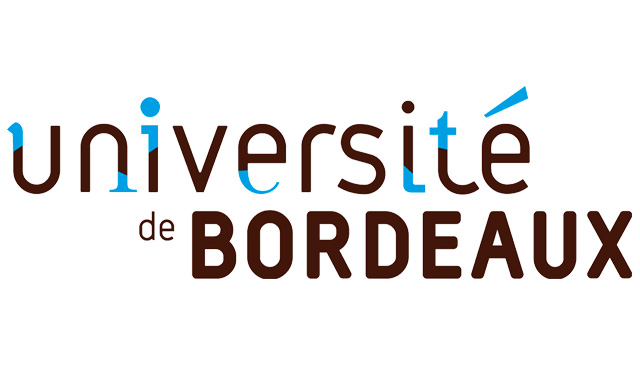Objectives
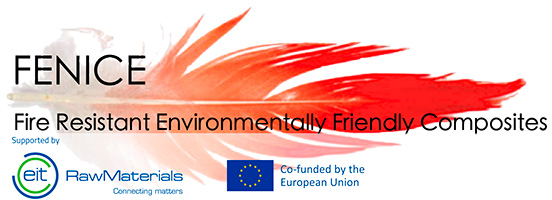
FENICE (Fire Resistant Environmentally Friendly Composites) aims at demonstrating that commercially available raw materials can be combined into innovative prepregs, unlocking a disruptive evolution in the automotive sector:
- reactive hybrid (thermoset and thermoplastic) resins;
- biomass-derived PFA, associated to Al foils, for fire resistance;
- inorganic matrix composites, cured at low temperature.
During the 42 months project activities (2022-2025), IP will be created about:
- innovative and sustainable FML (Fiber Metal Laminates);
- exploitation of secondary raw materials and their use in geopolymerisation of C-fibre reinforced composites, starting from aqueous slurries;
- zero-scraps productions and full recyclable composites, based on glass or basalt fibre;
- the engineering of the production and the recycling pilot lines;
- the characterisation and validation in expected working conditions;
- numerical simulations and computer aided engineering, based on experimental values of the innovative multimaterial solutions.
To quantify the environmental and socioeconomic impacts, in addition to a conventional environmental Life Cycle Assessment study (LCA), also Material Flow Analysis (MFA) and embodied energy evaluations (EEE) of pristine and recovered materials will be carried out by UBX.
FENICE focuses on prepreg warm compression to mold components in high number in fully automated production lines. Component design is optimised for fast assembly and disassembly.
Role of CRF:
Evaluation of compliance of the developed semifinished materials for the fast production of sustainable (recyclable or biobased) and fire resistant composite battery boxes. Design of automatic production and assembling line. Target TRL: 7, 42 months (from 01/07/22) Overall budget: 2.53M€
The present CO2 emissions regulations force car manufacturers to aim at significant weight reduction, which seems possible only through the substitution of metals with polymer composite materials (PMC). These PMC however should also be recyclable, in order to be compliant with End-of-Life Vehicles (ELV) regulations and low cost, in order to be mass produced. Currently PMC are used only for luxury cars, and are not environmentally friendly, due to the significant productions of wastes during production (up to 30% by weight) and non-recyclability. On the contrary project FENICE aims at fire resistant, zero scrap and recyclable composites for weight reduction of a critical component for electrical cars, the battery box. The automated lines for mass production are being implemented in these years, aiming at massive electrification. The choice of a good and sustainable (cheap and environmentally friendly) material solution for the battery box has to be taken in parallel to these technology transition. Project FENICE was funded with 2.53Meur by KIC Raw Materials, with activities aiming at TRL 7. The project will bring this solution on the verge of being mass produced and assess all environmental benefits of the new solution, and in particular lower embodied energy and lower C - emissions. FENICE project will demonstrate the technical feasibility of this concept on real automotive components and compliance with automotive industry expectations and production facilities.
